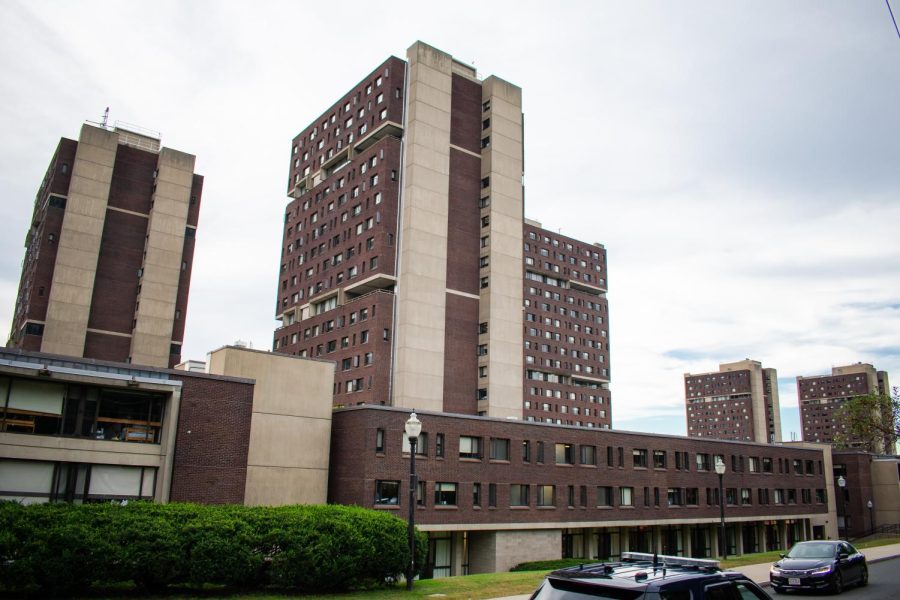University of Massachusetts Amherst student Riley Cronin, 21, was arraigned in Eastern Hampshire District Court on Monday for the alleged assault of three paramedics and a police officer in an Amherst Fire Department ambulance.
According to the Daily Hampshire Gazette, Cronin, of North Andover, “pleaded not guilty to three counts of assault and battery on ambulance personnel and one count of assault and battery on a police officer.”
When discussing the incident, Amherst Fire Chief Walter “Tim” Nelson told the Collegian that that the paramedics were transporting Cronin to a nearby hospital last Saturday from Hobart Lane following a call that he had fallen down and was bleeding.
While being transported to the hospital, Cronin unhooked his seatbelt and allegedly attacked the paramedics “from behind.” Cronin also allegedly kicked one of the paramedics and a responding police officer. One paramedic suffered a “possible concussion” and another suffered multiple scrapes.
Cronin was released from custody on personal recognizance and is scheduled to return to court on Oct. 18 for future trial.
Will Mallas can be reached at [email protected] followed on Twitter @willmallas.




















Ed Cutting, EdD • Sep 13, 2018 at 12:16 pm
This is like being half pregnant.
.
The only reason they had a right to put him into the ambulance was that he was incapable of being responsible for himself at the time, which inherently means that he wasn’t responsible for what he did. Otherwise they engage in “kettle pleading” — if they want to argue that he was responsible for his behavior then they are admitting that they violated his civil rights in the first place.